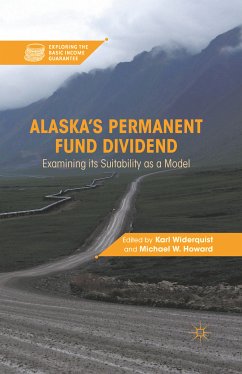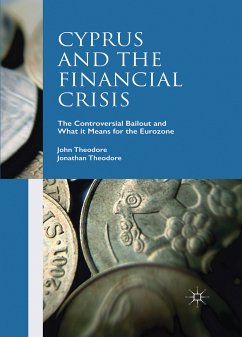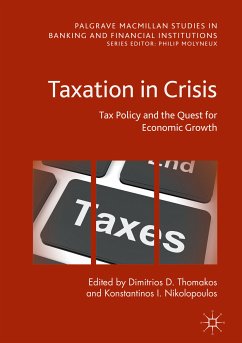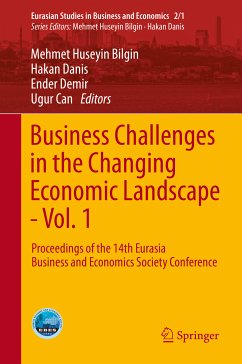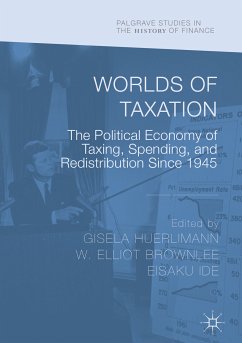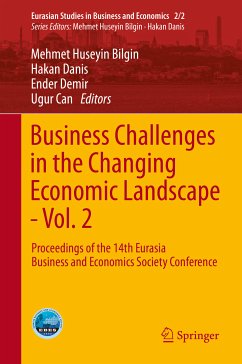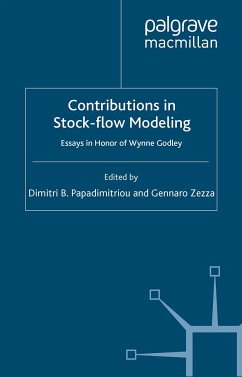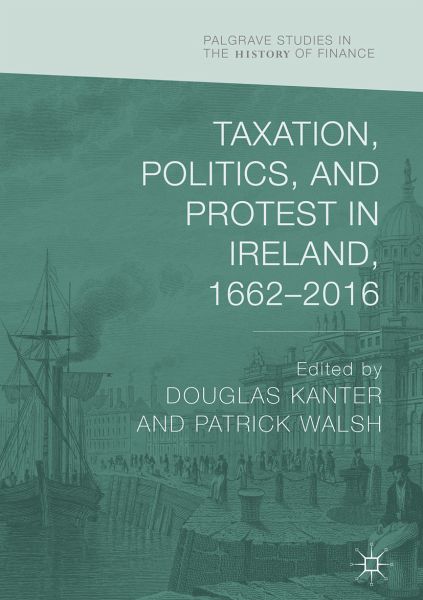
Taxation, Politics, and Protest in Ireland, 1662-2016 (eBook, PDF)
Versandkostenfrei!
Sofort per Download lieferbar
120,95 €
inkl. MwSt.
Weitere Ausgaben:

PAYBACK Punkte
60 °P sammeln!
This book examines the politics of taxation in Ireland between the seventeenth and twenty-first centuries. Combining political, economic, and policy history, it contributes to a growing interdisciplinary literature on public finance, while also providing context for the ongoing debate on taxation and austerity in post-Celtic Tiger Ireland. Taxation, Politics, and Protest in Ireland illuminates a neglected aspect of Irish history, and will be of interest to scholars, policymakers, and members of the public who wish to understand a subject that is central to the modern Irish experience.
This book examines the politics of taxation in Ireland between the seventeenth and twenty-first centuries. Combining political, economic, and policy history, it contributes to a growing interdisciplinary literature on public finance, while also providing context for the ongoing debate on taxation and austerity in post-Celtic Tiger Ireland. Taxation, Politics, and Protest in Ireland illuminates a neglected aspect of Irish history, and will be of interest to scholars, policymakers, and members of the public who wish to understand a subject that is central to the modern Irish experience.
Dieser Download kann aus rechtlichen Gründen nur mit Rechnungsadresse in A, B, BG, CY, CZ, D, DK, EW, E, FIN, F, GR, HR, H, IRL, I, LT, L, LR, M, NL, PL, P, R, S, SLO, SK ausgeliefert werden.




